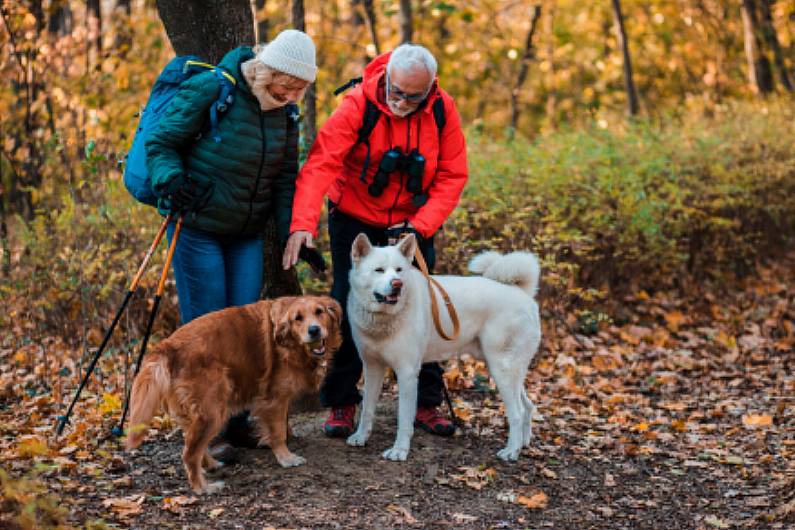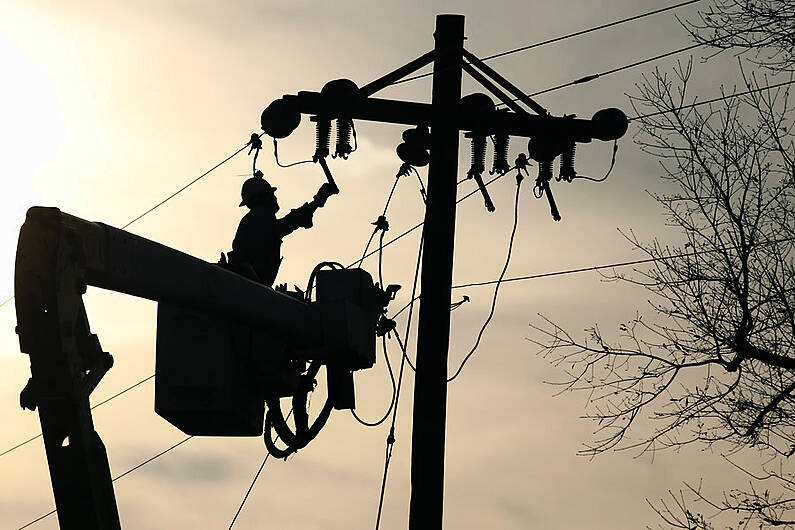The Irish Blue Cross is encouraging pet-owners to bring their cats indoors early ahead of Halloween festivities this evening.
Owners are advised to keep pets safe and calm tonight by comforting them with their favourite toys and shielding them from stressful noises. Paul Halpin from the charity says cat-owners should make their homes escape proof for the evening.
Sadly, many animals go missing around this time of year, due to the loud noise of fireworks and animals can be terrified and often attempt to escape. We are advising to keep pets(s) securely indoors as much as possible in the run up to the Halloween Bank Holiday weekend, walking dogs’ in the mornings and early evenings.
The ISPCA would like to remind anyone considering the purchase or use of illegal fireworks, to please consider the fear and distress it can have on all animals in our community. We are asking the public to take extra measures this Halloween to keep their pets indoors, but to also consider the safety of not just domestic pets, but livestock and wildlife too. By working together, we are ensuring that people and animals stay safe and be unharmed during the Halloween festivities.
Animals can be terrified by the noise of fireworks so ensure your pet(s) are kept safe in a secure indoor area where they cannot dart out an open door from the noise. Walking your dogs during daylight can help avoid trick or treaters and avoids your pets having to go outside while fireworks are set off. Pet owners can help train their dogs and cats to become accustomed to the sound of fireworks by playing similar sounds.
Have you an outdoor pet? Equines should be securely stabled or moved to a different location away from fireworks displays or bonfires in the area, so they don’t get spooked. Birds and small mammals should be kept indoors with a blanket covering their cages or hutch to act as a sound barrier.
Keep sweets, chocolate, grapes, and raisins out of reach from your dogs and puppies. Chocolate contains a toxic ingredient called Theobromine, and some sweets contain an artificial sweetener called Xylitol. These chemicals can cause symptoms such as vomiting, diarrhoea, increased heart rate and seizures. Contact your vet immediately if you think your pet has eaten anything that could potentially be toxic.





